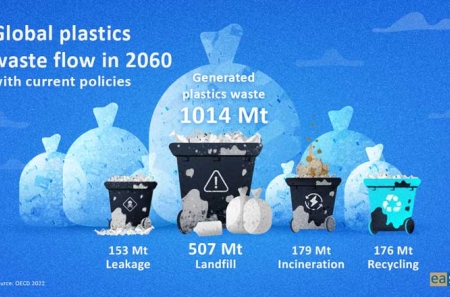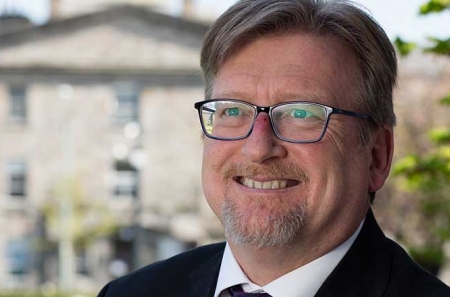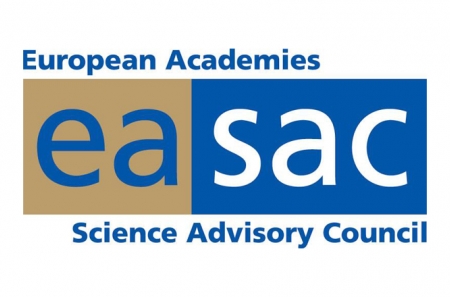
Workshop on Early Career Researcher Support
22 November 2018Downloads
The Royal Irish Academy brings stakeholders together to discuss support for early career researchers.
The Working Group
In 2018, the Royal Irish Academy convened a working group to undertake a scoping project to provide a snapshot of the perceptions and experiences of early career researchers (ECRs) in higher education institutions (HEIs) on the island of Ireland. The higher education sector in Ireland has, in recent years, been victim to significant funding cuts, reduced opportunities for permanent roles, and a growing reliance on part-time, temporary staff for teaching and research. Despite this, there has been a paucity of research conducted, and little is known about how ECRs find their conditions. Through focus group interviews conducted in the Republic of Ireland and Northern Ireland, the Academy explored the views and experiences of ECRs from several HEIs. The qualitative data gathered provides rich detail and context to the experiences of ECRs on the island of Ireland

Working group members John Morison, Craig Skerritt, and Aoibhinn Ní Shúilleabháin
The Workshop
A workshop was recently held at Academy House to provide a platform for ECRs in Ireland to have their voices heard, to foster dialogue among key stakeholders in Irish higher education, and to encourage and instigate further work in this under-researched area. The main findings of the scoping project were that:
- ECRs feel inadequately supported
- ECRs perceive that a greater value is placed on research than on teaching in HEIs
- ECRs have stressful personal lives due to casual and fixed-term employment
- Significant portions of female ECRs perceive gender inequality to be a problem
The Speaker
Lynn McAlpine, Professor Emerita of Higher Education Development at the University of Oxford and Professor Emerita at McGill University, was the guest speaker and presented on the experiences of ECRs in the international context. Craig Skerritt from the Royal Irish Academy then presented the findings of the Academy’s scoping project. Chaired by Professor John Morison MRIA, a panel discussion was then held with four ECRs: Dr Mark Coen, Dr Aoibhinn Ní Shúilleabháin, Dr Adrian Grant, and Dr Mel Farrell.

Professor Lynn McAlpine
The workshop both heightened awareness and generated very engaging discussions surrounding the challenges ECRs are facing in Ireland. The presentations were very well received and helped facilitate an interactive workshop with audience members where it became evidently clear that there is a strong interest in this area, with the findings of the scoping project resonating strongly with attendees. In attendance were representatives from the Technological Higher Education Association, Irish Universities’ Association, Higher Education Authority, Irish Research Council, Health Research Board, and Science Foundation Ireland and many third level institutes from around the island.
The Royal Irish Academy publication Scoping the current system of support for early career researchers in Ireland is available to download here
Caption for article photo: The panel discussion with Mark Coen, Aoibhinn Ní Shúilleabháin, Adrian Grant, and Mel Farrell



